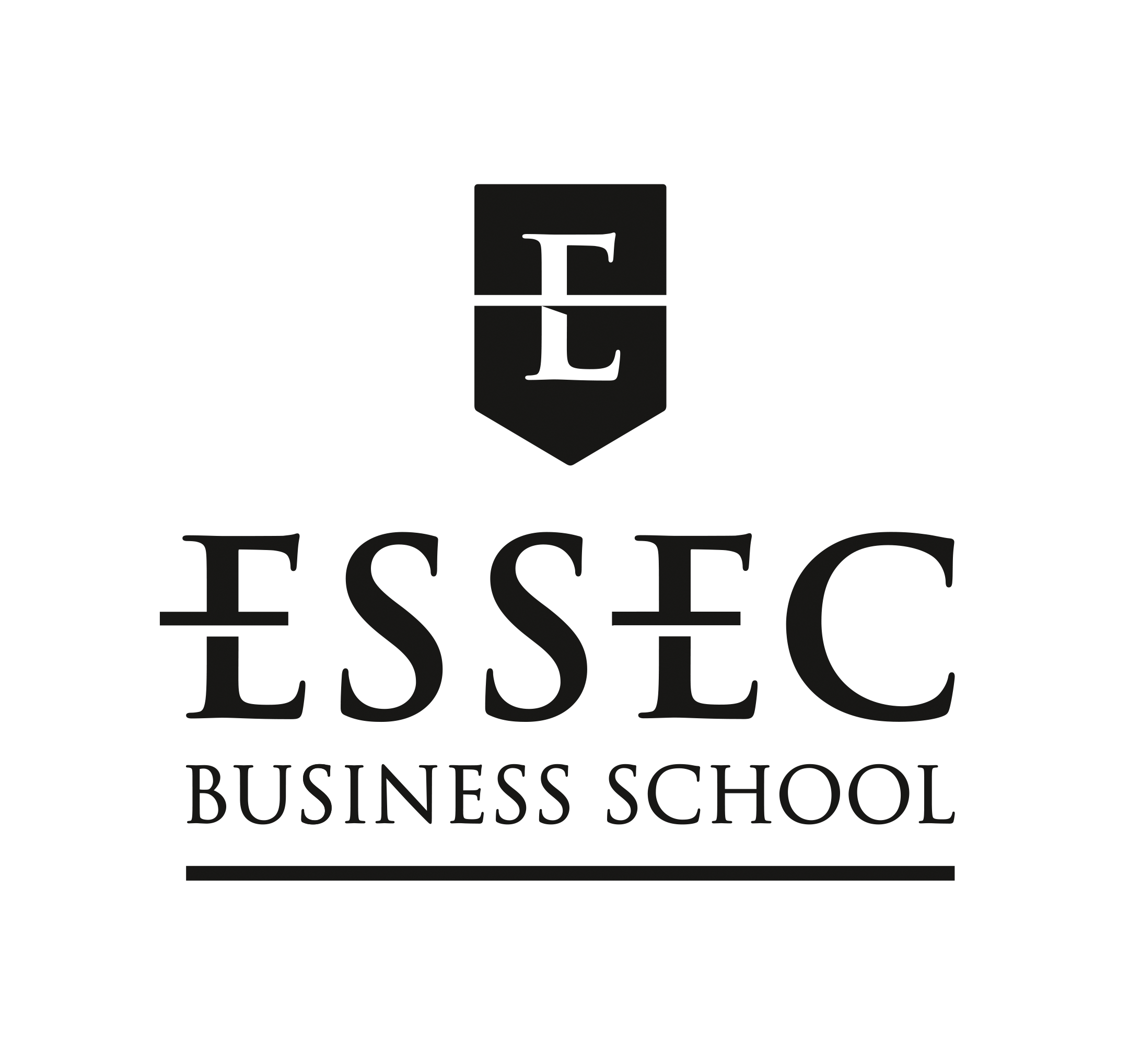The world is your oyster at ESSEC’s Asia-Pacific campus in Singapore. The curriculum endorses autonomy, supports creativity, and encourages students to discover their unique journeys. Ask the students what they like most, and the answer is similar: real-world experience and opportunities for international exposure.
Global Bachelor of Business Administration (GBBA) students choose to start their education in the Singapore or France campus before moving to the other in their second or third year.
On top of studying on different continents, an opportunity for an exchange program with one of ESSEC’s 170 partner universities is on the cards.
The universities include the University of Michigan in the United States, King’s College in the United Kingdom, the National University of Singapore, HKUST in Hong Kong, Tsinghua University in China, Keio University in Japan, and Yonsei University in Korea.
Exchange programs continue despite travel limitations, and those like 20-year-old Singapore-based French student Alexandre Loo, who cannot travel to their host universities, attend classes online.
Embracing New Cultures and Experiences
Rather than seeing this as a drawback, the third-year GBBA student, slated to start a prestigious two-year exchange program with Peking University in his fifth semester, sees this as an opportunity for growth. For one thing, it has trained him to become more flexible and adaptive.
“I’ve learned that there’s no one way to reach a goal—we can use different tools in different ways,” Alexandre shares. He further explained that despite being in Singapore, he still serves the Peking University student community as Social Chair, regularly organizing events for students to network—albeit online.
His classmate, 20-year-old Chen Siyi, is also virtually studying at the ESSEC Cergy campus from her hometown in Guangdong, China. The time difference has worked in her favor, allowing her to intern at the compliance department of a global financial services giant, Morgan Stanley, during the daytime and attend classes at night. She hopes to engage in more professional experiences on top of her internship and the three work placements that ESSEC requires.
“I want to try different areas to see what I’m interested in and good at,” Siyi shares. Having spent a year interning at the IT department of BOSCH Singapore while still attending physical classes at ESSEC, she’s an expert at time management. She quips, “I think that if you want to do it, you’ll make time for it.”
Resilience and initiative will help one make the most of their ESSEC journey. Alexandre declares: “Tools [to help us] exist, but it is our responsibility to be proactive.”
Taking Ownership of the Journey
The game-changing “tool” for Alexandre was ESSEC’s career workshops. These helped him refine his curriculum vitae and LinkedIn profile.
In the spirit of proactiveness, he has also taken on many roles, like being a student ambassador and co-founder of the ESSEC Asia-Pacific Merchandising Club, which produces apparel for the ESSEC community. These student life activities have honed his people skills and leadership drive—valuable skills for his future.
Siyi shares that ESSEC is also the gateway to an extensive support system. When she was looking for an internship in her first year, various alumni reached out with advice about her LinkedIn profile and offered introductions to relevant contacts.
“We always support each other. That’s what I love most about the school,” Siyi muses, adding that these relationships might be one of the biggest perks of being part of the ESSEC community.
After all, with class sizes capped at 80 and cohorts kept small at the Singapore campus, connections, support, and learning can run deep and readily available for those willing to take the plunge.
RELATED POSTS
Highlights: Partnerships In Luxury Brand Management
Sonja Prokopec, Professor of Marketing at ESSEC Asia-Pacific, shares exclusive insights into how she selects partner luxury brands for the Luxury…
MMD Success Showcase with Prof. Gautam Kiyawat
Ranked #1 in Asia and #2 worldwide by QS in 2024, worldwide, learn about the MSc in Marketing Management and Digital (MMD) program and how the dual…
ESSEC Global BBA Students Share The Transformative Benefits of Travel
From finding inspiration to expanding their networks, hear from graduates on how traveling the world during the Global BBA program has transformed…
How Diversity Adds Depth to the ESSEC MiM Experience
Learn how the Master in Management program prepare students for global career success by fostering diversity and enhancing cross-cultural competence…
From Networking to Work Experience: How the ESSEC SMIB Gives Students an Edge
ESSEC Master in Strategy and Management of International Business students Shristi Khemka and Howie Chia testify that the program has shaped their…
Practical Lessons and Passionate Professors: The Impact of the MiM Experience
Student Ambassadors from different backgrounds testify to how faculty have made it easy to move into business school.








